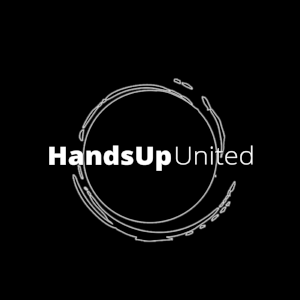WATCH THE FULL VIDEO HERE:
http://video.pbs.org/video/2365422025/
In this excerpt from the Independent Lens documentary American Denial, we are introduced to Swedish researcher Gunnar Myrdal, who began his investigation into American values and views on equality in the 1930s. Myrdal’s unsettling study An American Dilemma was published in 1944, and the questions it raised about racial oppression still trouble us today.
Follow the story of Swedish researcher Gunnar Myrdal whose landmark 1944 study, An American Dilemma, probed deep into the United States' racial psyche. The film weaves a narrative that exposes some of the potential underlying causes of racial biases still rooted in America’s systems and institutions today.
An intellectual social visionary who later won a Nobel Prize in economics, Myrdal first visited the Jim Crow South at the invitation of the Carnegie Corporation in 1938, where he was “shocked to the core by all the evils [he] saw.” With a team of scholars that included black political scientist Ralph Bunche, Myrdal wrote his massive 1,500-page investigation of race, now considered a classic.
An American Dilemma challenged the veracity of the American creed of equality, justice, and liberty for all. It argued that critically implicit in that creed — which Myrdal called America’s “state religion” — was a more shameful conflict: white Americans explained away the lack of opportunity for blacks by labeling them inferior. Myrdal argued that this view justified practices and policies that openly undermined and oppressed the lives of black citizens. Seventy years later, are we still a society living in this state of denial, in an era marked by the election of the nation’s first black president?
American Denial sheds a unique light on the unconscious political and moral world of modern Americans. By highlighting the social research unearthed by a Swede's research in the 1940's, the film weaves a narrative (using research footage, newsreels, home movies, and modern short films) exposing some of the potential underlying causes continuing to affect implicit racial biases inherent in America’s institutions today. Timely given recent events that have sparked a national dialogue on race dynamics, the provocative film’s exploration of “stop and frisk” practices, the incarceration crisis, and racially-patterned poverty challenges our assumptions about who we are and what we really believe.
Learn more about "Independent Lens":
http://www.pbs.org/independentlens
Watch "Independent Lens" films online:
http://video.pbs.org/program/1218239994/

